Hassad Food to market own brand of rice in Qatar
- The Peninsula
- 29 August 2010
The Qatari company is about to bring home the first shipment of its own wheat produced overseas, and to start producing its own sugar in Brazil
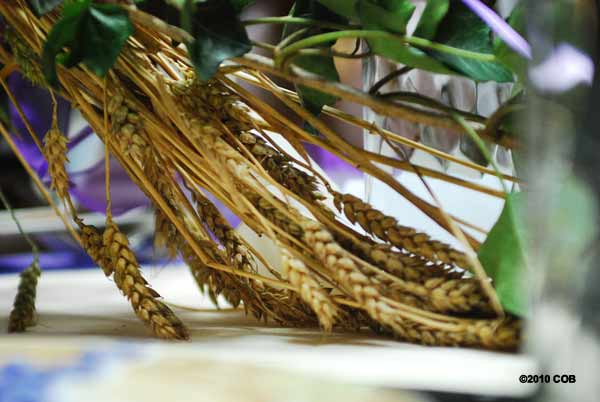
The Qatari company is about to bring home the first shipment of its own wheat produced overseas, and to start producing its own sugar in Brazil
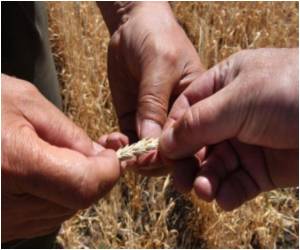
Black Earth Farming a Swedish firm which controls more than 300,000 hectares of Russian farmland, has reported yields of some crops down by more than a half thanks to Russia's "scorching" heat
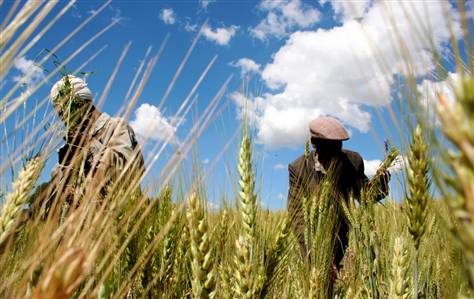
UNCTAD believes pension funds, with their apparent focus on reputation, accountability, and the long term, could set new best-practice standards as they join the farmland investment trend.
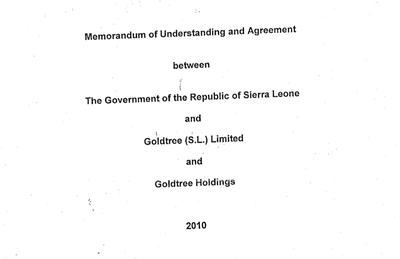
Agreement covers 82,500 acres of land for palm oil production.
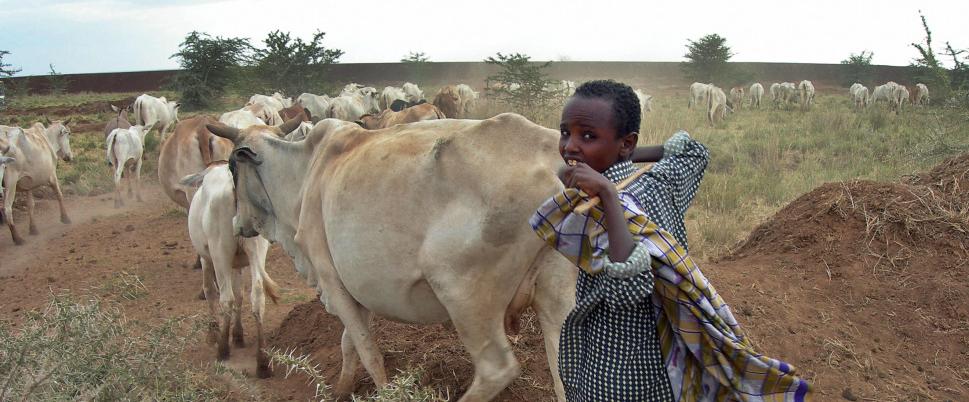
Gambela’s new tag as a land grabbing hub comes as BHO Agro Plc becomes the third Indian firm to begin operations in the region after two other Indian companies, Karuturi and Ruchi Group, moved into Gambela in 2008 and early 2010, respectively.
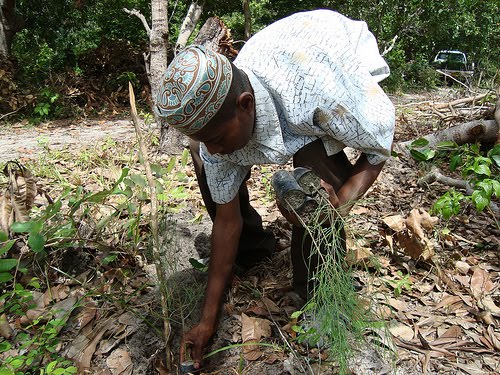
As large-scale investors' interest in acquiring vast swathes of land for commercial agriculture in Africa intensifies, farmers believe the time is ripe for the government to press investors to allocate shares to villagers as a corporate social responsibility.

The news of BHP's recent bid for Potash Corp has brought the issue of investing in food security to the forefront, with CFSGAM, H3 Global and WLM Financial hot on the sector's trail.
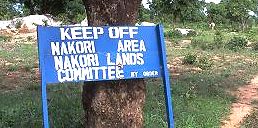
Includes incidences of land grabbing in the region, land grabbing from the supply and demand sides, community resistance to land grabbing, what should be done on land grabbing, way forward.
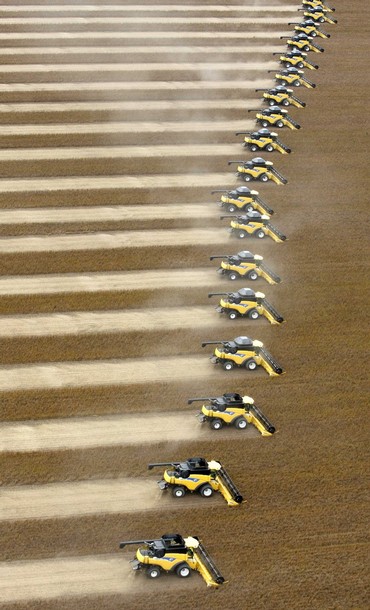
Brazil's essential role as a provider of food for the world's expanding population is at risk if the government makes good on threats to curtail foreign investment in farmland.

The Brazilian government has tightened restrictions on unfettered land purchases by foreigners, authorities said on Tuesday, renewing concerns among investors.

African governments need to raise their level of accountability and ensure that they improve and protect their own food security through quid pro quo side-agreements negotiated when they lease or sell their arable land to foreign interests, says Keith Mullin of Thompson Reuters
Since the food crisis of 2008, food justice activists have warned that governments in concert with multinational corporations have accelerated a worldwide "land grab" to buy up vast swaths of arable land in poor countries.